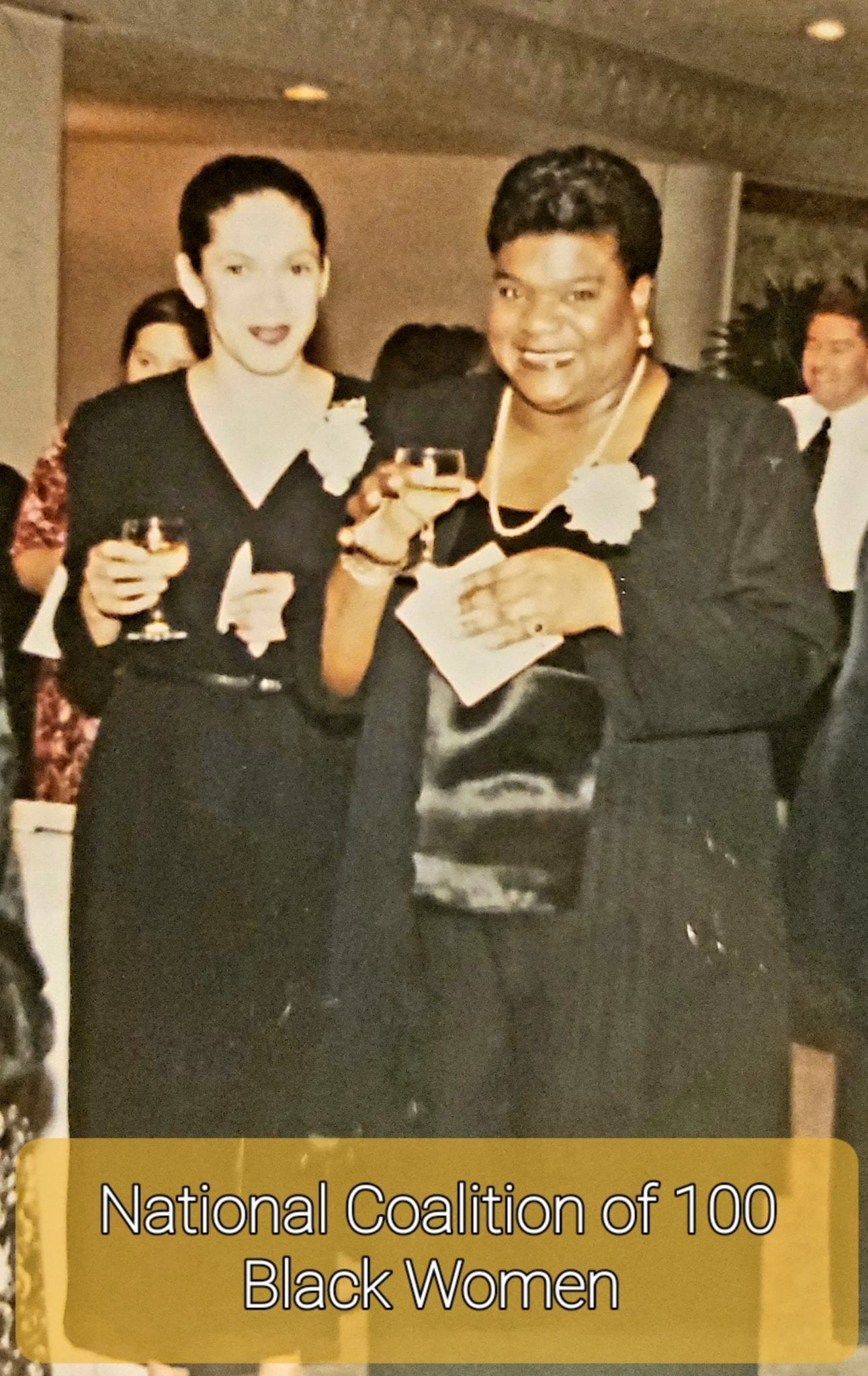
“I think we’re a divided country right now – there is so much hatred and anger. But this is also the first time in my life that I think people are trying to have a genuine conversation about race and equality.” These words from Dee Reed, Division Director for Utility Accounts, now a part of the new People, Culture and Community Branch at SPU, reveal a lot about her personality.
As anyone who has spent time around Dee knows, she is an optimist – a glass half full person. Despite witnessing one of the most calamitous years in American history, Dee sees sunshine amidst the clouds of bitterness and distrust.
“We are in a lifetime struggle,” Dee contemplates. “What I would love to see is for our country get to a place where we are listening to each other and respecting one another. I think we have lost respect for each other and I would like to find a way for us to come back together.”
Having such an upfront conversation comes naturally to Dee. She learned from the best—her mother. “My mom has been a community activist and organizer ever since I can remember,” says Dee. “I grew up just outside New York City, . My mother volunteered for the NAACP [National Association for the Advancement of Colored People] and other non-profit organizations.”
Dee’s mother once picked up U.S. Representative Shirley Chisholm, the first Black woman elected to U.S. Congress and the first woman and African American to seek the nomination for President of the United States with a major political party, at the airport. “She was in town to give a speech and my mom had the privilege of picking her up and driving her around New York City.”
When Dee was 16, her family moved to Los Angeles. Her parents both worked as managers in the Pitney Bowes Contact Center. Her mom continued her volunteer work with the Hollywood branch of the NAACP and ended up working on the committee that created the NAACP Image Awards, now a major annual celebration honoring the Black community’s outstanding performances in film, television, music, and literature.
While in California, Dee entered college for music, dance, and singing. “At one time I was going to be a singer,” she says with a laugh. “But things change – you get married, you have kids and your whole world changes.”
Change it did. Dee ended up working in the same contact center as per parents and eventually moved family, mom, and dad to the Northwest to manage the company’s contact operations in Spokane, Washington. In Spokane, both she and her mom continued volunteering for the Spokane Chapter of the NAACP. Dee worked as a secretary, then took over public relations, eventually forming a new women’s chapter called the National Coalition of 100 Black Women where she served as Vice President.
Dee took time to help found the Onyx Theater, an all-Black theater based in Spokane. “I wrote a skit honoring Black women in our history – women such as Madame C.J. Walker, Sojourner Truth and Harriet Tubman. The theater brought families together to perform and do all of the production work. It was a very special time.”

Dee continued with her community service work by getting involved with “African American Voice”, the first Black newspaper in Spokane. Dee addressed and discussed key important issues that impacted the City, such as police harassment (racial profiling) discrimination in the public schools and workplace.
After 20 years with Pitney Bowes and the passing of her father, Dee moved her family to Seattle to bring her expertise to Seattle Public Utilities in 2012. Here she says she found an organization committed to equity and improving race and social justice within the organization.
So, after nine years at the City, what does Dee say about progress being made?
“Here at the City, we put all the right committees in place, the right programs. Now we need to take the next step to really peel back the layers of the onion to identify the root causes – not being passive about it – and really holding everyone accountable at every level of the organization. One key component to moving forward is to take those identified root causes and make them actionable. We must put the work in to get real outcomes that impact effective change. I think this is the way you build true equity in an organization.”
That accountability Dee speaks of is not just holding each other accountable but holding ourselves accountable as well. She says If we don’t step into that position of speaking up against something we know is derogatory or wrong, then we too are part of the problem and not the solution.
Take it from Dee, someone who has spent a lifetime working and fighting for equality; the road is not paved, the journey is not comfortable. “We go three steps forward and then two steps back,” Dee says with a sigh. “We all come from different cultures and backgrounds. Accepting that we are all different in our own unique ways and respecting each other is where I think we need to be. You get there by having honest conversations with people. These conversations are happening right now across our organization and across our nation and that gives me hope.”